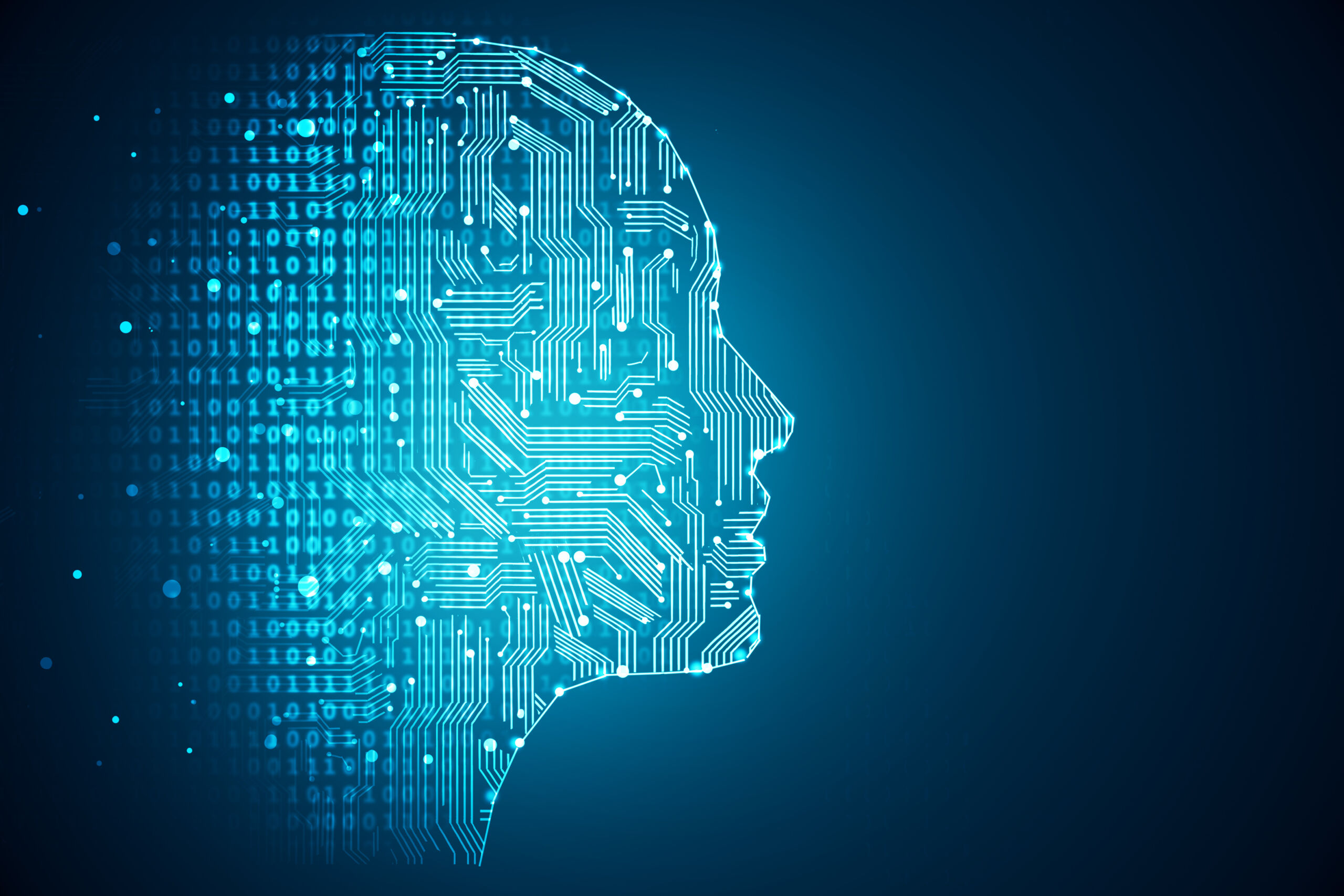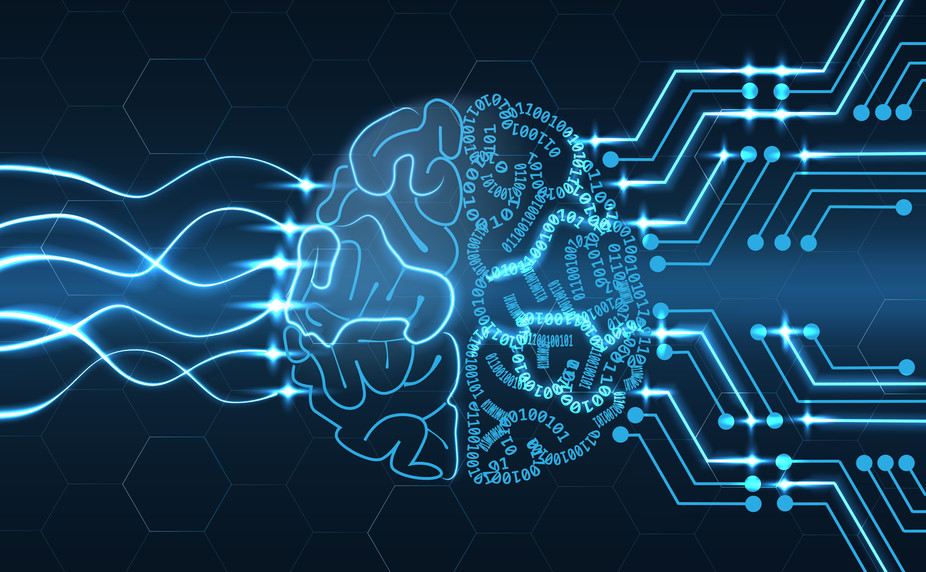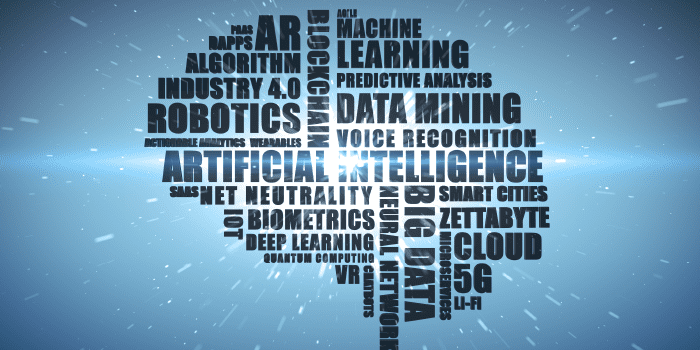From Data to Creativity: Exploring the Impact of Generative AI in the Area of Artificial Intelligence
With the development of generative AI, a brand-new era is arising, one that checks out the junction of information and imagination. By using the power of generative AI, we can open the ability for equipments to generate initial and creative web content. Join us as we explore the interesting trip from data to imagination, and uncover the extensive impact generative AI might have on the future of fabricated intelligence.
The Rise of Generative AI
Generative AI has become an innovative area in fabricated intelligence, transforming the method makers create new content and communicate with the globe. Over the last few years, there has actually been a significant rise in the appeal and application of generative AI techniques. These methods allow equipments to autonomously develop new and unique material, such as pictures, songs, and message, without specific human input.
Among the crucial variables adding to the surge of generative AI is the schedule of varied and big datasets. With the development of the net and the spreading of digital material, huge amounts of data are now accessible to AI systems. This abundance of information supplies the essential raw product for training generative AI versions, enabling them to discover and imitate human imagination.

Moreover, the boosted computational power and the availability of specialized equipment, such as visual handling devices (GPUs), have actually played a critical function in the surge of generative AI. These advancements have actually equipped AI systems to procedure and assess vast quantities of data, allowing them to generate content promptly and successfully.
Changing Creative Industries
The growing capabilities of generative AI, sustained by innovations in deep learning formulas and computational power, have actually caused a transformative influence on creative markets. This innovation has transformed the means creative professionals function, opening new possibilities and pushing the limits of human creativity.
Generative AI has made it possible for musicians to explore new worlds of creativity by using them devices that can create novel and unique material. In the field of aesthetic arts, generative AI formulas can evaluate existing art work and produce new items based on the style and qualities of the input. This not just conserves time but likewise expands the innovative possibilities, allowing musicians to explore different styles and strategies.
In the songs industry, generative AI has also had a substantial impact. It can compose new melodies and harmonies, creating songs that was formerly inconceivable. This innovation can also imitate the design of renowned musicians, allowing the production of brand-new tracks that seem like they were composed by artists who have actually lengthy died.
Furthermore, generative AI has actually found applications in various other innovative fields, such as fashion and style. It can produce new clothes layouts, indoor layouts, and building ideas, giving developers with a wide range of ideas and accelerating the innovative procedure.
However, while generative AI offers exciting opportunities, it additionally raises honest inquiries and challenges standard concepts of authorship and creativity. As this technology remains to create, it is vital to strike an equilibrium between human creative thinking and the capabilities of AI, making certain that the last outcome reflects the intents and creative vision of the human creator.
Enhancing Human-Computer Partnership
Partnership between computer systems and people is being enhanced through the integration of generative AI, bring about a new period of creative possibilities. With the innovations in artificial intelligence, people are now able to function carefully with computer systems to achieve results that were previously unthinkable. Generative AI, a subset of AI that concentrates on creating brand-new material, has transformed the way humans and computer systems team up.
Generative AI makes it possible for computer systems to produce content, such as photos, songs, and text, based upon instances and patterns offered by humans. This cooperation enables people to leverage the computational power of AI systems to boost their innovative processes. Artists can make use of generative AI to generate brand-new visual concepts or explore various styles, while artists can produce one-of-a-kind structures by collaborating with AI-generated tunes.
Moreover, generative AI can assist in jobs that require huge amounts of information processing, such as information analysis and pattern recognition - generative ai company. By incorporating AI systems right into the partnership procedure, people can utilize the computational abilities of AI see it here to assess complicated datasets and remove purposeful insights
Nonetheless, to guarantee effective collaboration between computers and human beings, it is vital to establish a clear understanding of the duties and obligations of each event. Humans should give the necessary support and knowledge, while AI systems can help in the creative procedure by generating options and possibilities. This collaboration in between computer systems and humans opens new opportunities for advancement and creative thinking, pushing the limits of what is possible in different areas.
Moral Implications of Generative AI
As we delve into the ethical ramifications of generative AI, it ends up being noticeable that this groundbreaking technology increases considerable worries and factors to consider. Generative AI systems have the capability to produce, produce, and mimic human-like web content, such as images, videos, and message. While this has actually opened up brand-new possibilities and opportunities in numerous areas, it has actually additionally triggered conversations concerning the possible abuse and moral issues connected with such modern technology.
Among the main issues is the potential for deepfakes, which are controlled or made media that can deceive and misguide people. With generative AI, it becomes easier for destructive actors to develop persuading deepfakes, bring about false information, reputational damage, and even political adjustment. This positions a threat to the trust we position in electronic media and can have significant consequences for people and societies.
One more ethical factor to consider rotates around the problem of copyright. Generative AI systems can develop initial content that might infringe upon copyright legislations or question concerning ownership and attribution. Identifying the rights and duties in such scenarios becomes an intricate task, particularly when AI-generated content is tantamount from human-created material.
Moreover, generative AI has the prospective to perpetuate and amplify existing prejudices and discrimination present in the training information. If the information utilized to train these systems consists of biased info, the generated material might reflect and perpetuate those predispositions, leading to discriminatory or unreasonable results.
Along with these issues, there is likewise a need to take into consideration the effect of generative AI on privacy, security, and approval. AI systems can collect, analyze, and make use of vast amounts of personal information, leading to prospective breaches of privacy and concerns regarding information protection. The approval of people whose information is utilized to train and improve these systems should be thoroughly dealt with to guarantee ethical practices.

Future Leads and Difficulties
With advancements in generative AI innovation, the future holds both countless challenges and promising potential customers to overcome. The prospective applications of generative AI are vast and varied. Among one of the most amazing prospects is the capability to create tailored and reasonable material throughout various domains, such as music, literary works, and art. This could change imaginative industries by allowing AI systems to create innovative and distinct works. In addition, generative AI has the possible to boost human-computer interaction by creating much more intelligent and receptive digital aides and chatbots.

One more challenge is the demand for advanced formulas and computational power to boost the high quality and performance of generative AI systems. The existing limitations in training time and computational resources browse around here prevent the widespread fostering of generative AI in real-world applications.
Final Thought
Honest effects surrounding generative AI must be meticulously considered and addressed. Looking in advance, future potential customers and difficulties lie in further exploring the possibility of generative AI and locating a balance in between creativity and ethical factors to consider.
Generative AI has emerged as an innovative field in man-made knowledge, transforming the way makers generate new material and communicate with the globe. generative ai company.Generative AI has actually made it possible for artists to explore brand-new realms of creative thinking by using them tools that can produce unique and novel content. Generative AI, a part of AI that focuses on producing new material, has reinvented the way human beings and computer systems work together
Generative AI systems have the capability to produce, produce, and imitate human-like web content, such as images, video clips, and text. Generative AI systems can produce initial material that may infringe upon copyright laws or elevate questions regarding possession and attribution.
Comments on “Transform Your Strategy: Engage with the Premier Generative AI Company”